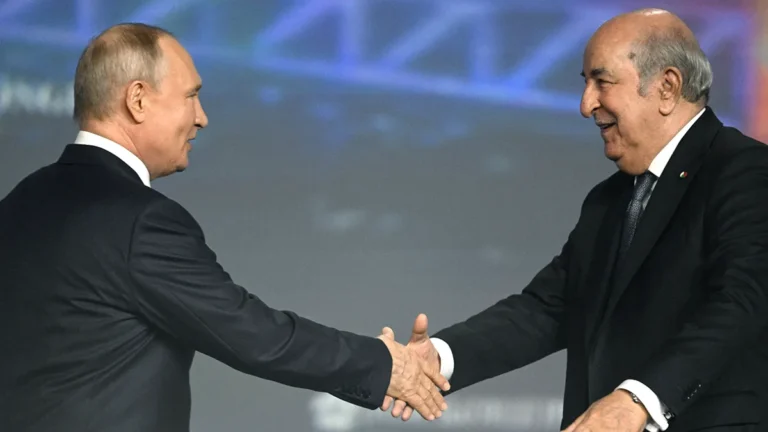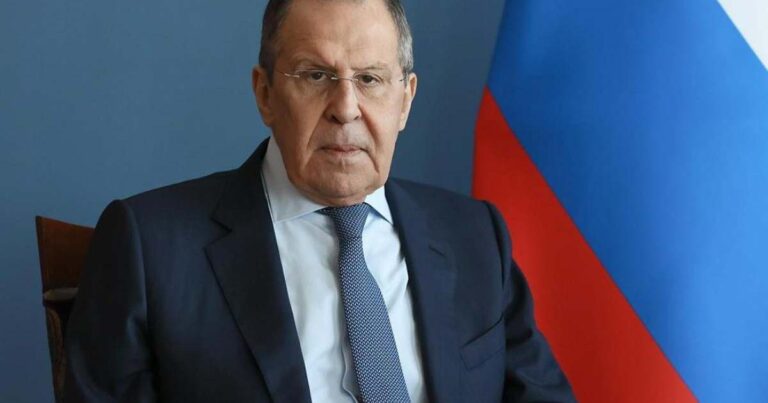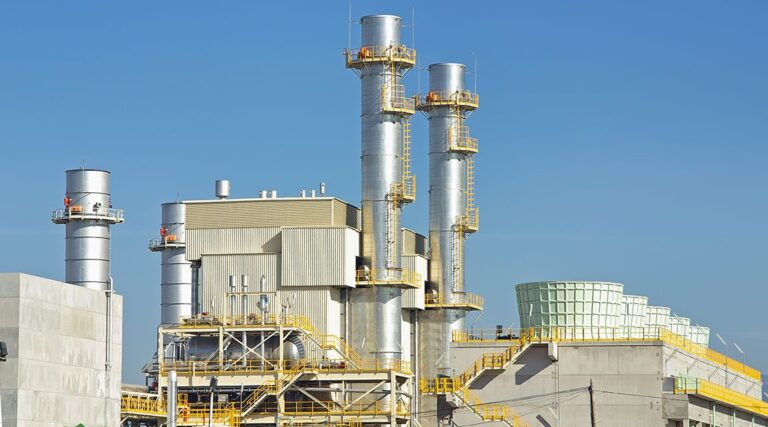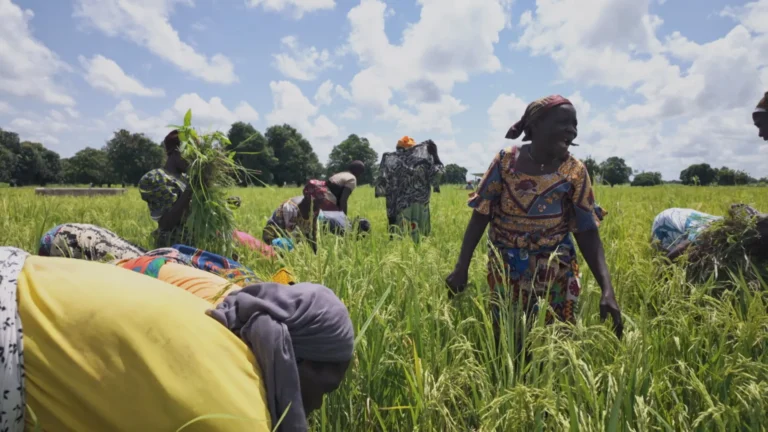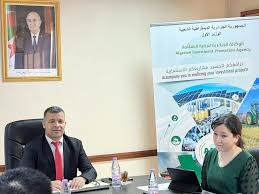
Algeria has welcomed a new $1.6 billion investment from China aimed at transforming its phosphate sector into a high-value industrial hub.
The announcement marks a renewed effort to unlock the country’s mineral wealth while reducing dependence on imported fertilizers.
A few years ago, Algeria had set out an ambitious $7 billion plan to establish an integrated phosphate complex spanning Tébessa, Souk Ahras, Skikda, and Annaba.
Led by Sonatrach and the Chinese group CITIC, the initiative sought to elevate Algeria to a leading regional fertilizer producer.
However, repeated delays and insufficient implementation saw the project stall, leaving the plan largely unrealized.
In this context, Asia Potash International Investment (Guangzhou) Co. Ltd presented its $1.6 billion proposal to Algerian authorities. The project envisions the construction of an industrial complex to process phosphate into ammonia, urea, and compound fertilizers.
Natural gas would serve as the primary raw material, highlighting the project’s focus on creating high-value products.
The discussions took place at the Algerian Investment Promotion Agency (AAPI) headquarters and included Zeng Yue, vice president of the Chinese group, alongside Algerian officials from the energy, mining, industry, and environment sectors.
Officials examined the project’s feasibility, the availability of local resources, and its alignment with Algeria’s strategic industrial objectives.
“This initiative represents a crucial step for Algeria in adding value to its raw materials,” said one official involved in the talks. “It is about transforming wealth on our soil rather than exporting it in unprocessed form.”
The move coincides with renewed interest from CITIC Construction, previously involved in the Tébessa project, which has recently engaged in talks with the National Mining Research and Exploitation Company (Sonarem). Analysts say these developments underscore Algeria’s growing importance on the international phosphate stage.
For Algeria, the stakes go beyond the investment figures. Exporting raw phosphate is economically limited, but processing it into fertilizers and chemical compounds locally could significantly boost profits and strengthen the country’s industrial independence.
